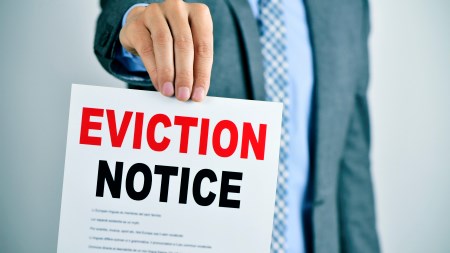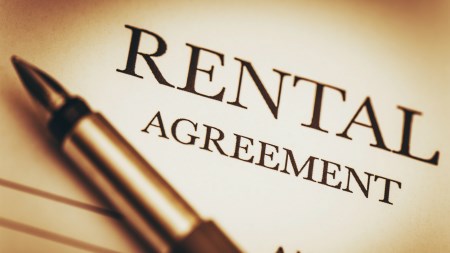It’s every landlord’s nightmare to find out that their eviction order has been denied by the courts. One easy step can help landlords avoid this pitfall.
‘Eviction order denied!’ Nowadays, many well-intentioned landlords hear those words in court … in slow motion no doubt, as they process the financial spiral of debt they find themselves trapped in with no clear way out. The obvious question then is; why do so many eviction applications go so horribly wrong?
The secret, according to Managing Director of TPN Credit Bureau, Michelle Dickens, is to not enter into verbal negotiations regarding the outstanding rental amount. “A landlord’s case may be full of merit but if a verbal negotiation regarding outstanding rental has taken place where the landlord has allowed the tenant to make payment later than the rental due date, the tenant is able to rely on the defence that an informal payment plan was entered into with the landlord. As a result, the non-paying tenant is not an illegal occupant and a judge will not be able to grant an eviction order at that time,” she says.
Deon Botha, CEO of RentMaster deals with the issue of creeping or encroaching debt and the effect it has on a landlord’s options in terms of legal recourse on a daily basis: “It is a classic almost predictable scenario, the tenant promises to pay the rent next week but then somehow only manages to pay it the week thereafter; the landlord who invariably is very busy notices that there has been an additional week’s delay in payments the week following that. This is exactly how months of arrears build up and how you find yourself in a dysfunctional relationship with a tenant. It happens more frequently than you would imagine.’
What exactly then is a stonewalled landlord to do? And perhaps more importantly, how can you avoid this pitfall all together?
Eviction specialist attorney and managing director of SSLR Inc., Cilna Steyn sheds light on the one simple step you can take to protect yourself where you have a delinquent tenant on your hands, “It is imperative that you record all agreements in writing. In the event that the Rental Housing Amendment Act comes into full force, it will be a requirement that all rental agreements be in writing, so you may as well start now. Besides impending legislative requirements, by signing an Acknowledgment of Debt, you enter into a separate contractual agreement for the amount owing and so ensure that the tenant is not under the mistaken impression that the rental due date has been extended. If the tenant is under that impression or pretends to be under the impression that they have been granted an extension, your Application for an Eviction Order will be delayed.”
Michelle Dickens fully agrees adding that “the importance of signing an Acknowledgment of Debt with a tenant who does not perform should not be underestimated if you need to obtain an eviction order at any point in the future.
We strongly advocate that our clients take pro-active steps to ensure that they are in a position of power when it comes to the worst-case scenario. Luckily, this involves a very easy step to take as a landlord can download an acknowledgment of debt agreement directly from the TPN website. Alternatively, you can simply avoid all this by guaranteeing your rent is in the bank on the first of every month through RentMaster.”



